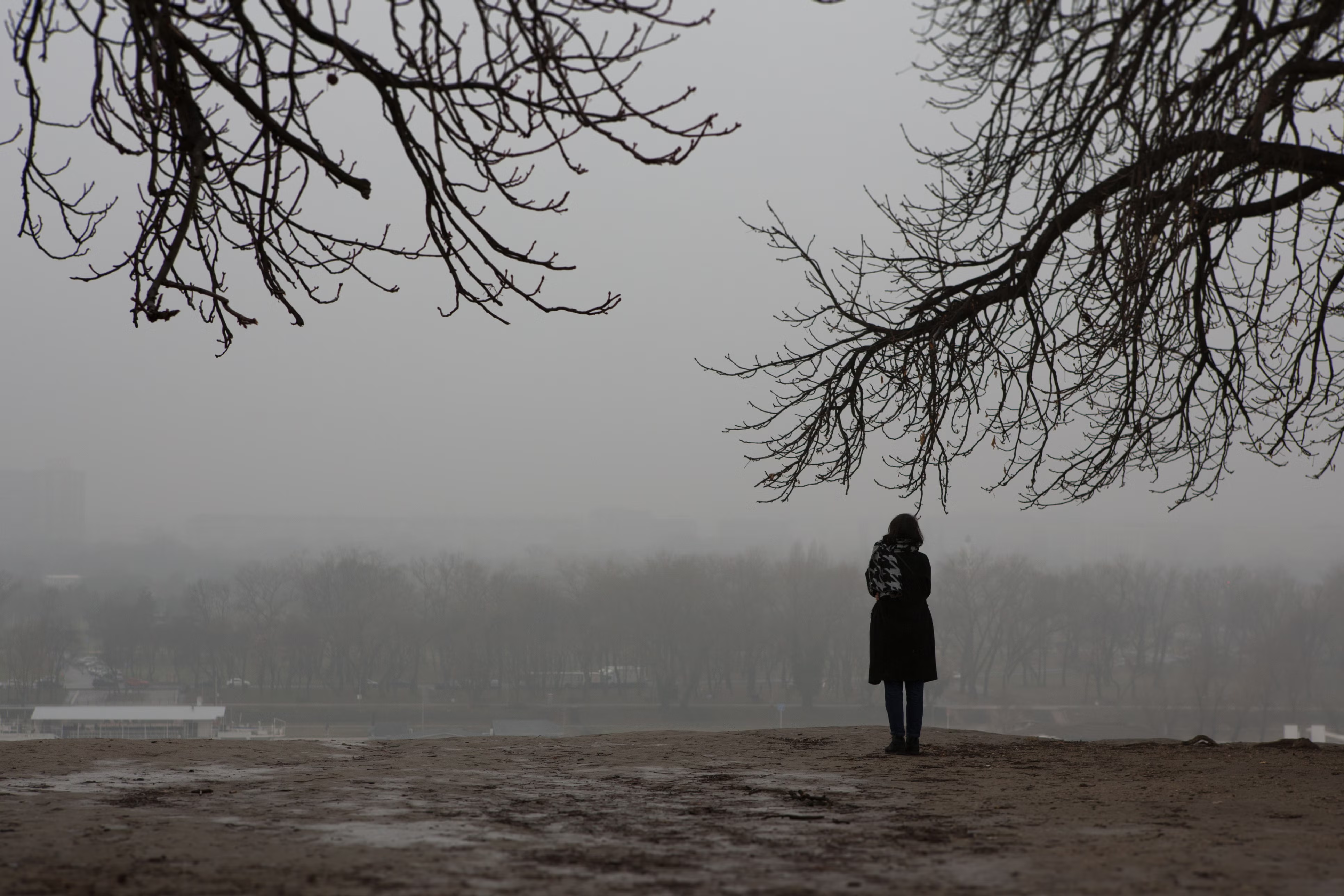School stress, less daylight, and pressure from winter sports are all contributing to a common feeling of sadness in teens and young adults.
On Nov. 3, 2024, people around the United States all turned their clocks back an hour. For some, this was good news, as they could get an extra hour of sleep, but for others, this was the start of a rough next few months.
Seasonal Affective Disorder (SAD), is a condition when a person experiences symptoms of depression, but only during specific times of the year. It is more commonly referred to as seasonal depression, and most people experience it during the fall and winter months due to a loss of sunlight.
Lots of people may not even be aware that they’re experiencing SAD, and it is much more common than you may think. 5% of the US population experiences SAD, and it can last up to 40% of the year. That is over 17 million people, just in the US, that experience it.
Symptoms of SAD are very similar to symptoms of depression, and they can include a depressed/down mood, withdrawal, a severe lack of energy, disinterest in usual activities, irritability, and lack of motivation.
It’s important for people, especially students and young adults, to know that they are not alone in what they are feeling, and it will eventually pass. It is scientifically proven that since SAD is a result of the brain’s response to changes in daylight, symptoms will eventually ease once the days become longer and brighter again.
With that being said, you don’t have to be alone through your struggle. There are strategies that can be used to help cope when you’re experiencing SAD. The first thing to always do is to either tell or talk to someone about how you’re feeling. You can also do small things on your own like going on daily walks, adding more vitamin D to your diet, staying social with friends and family, getting outside during daylight hours, and moving your body with some sort of physical activity.
It’s also always okay to ask for professional help or visit your doctor to get a professional opinion on what you’re feeling. Mental health is something to always take seriously, even if you think you’re ‘not struggling enough’ or ‘too far gone to help.’ Never be scared to ask for help. There is always someone, family, friends, or professionals, who are always ready to offer you help and whatever you need.
Even though feelings of SAD can be temporary, that doesn’t make them less serious. Your feelings are valid, and no matter how minimal or severe your symptoms are, you deserve to have access to resources and help to get through. We are all in this together.


